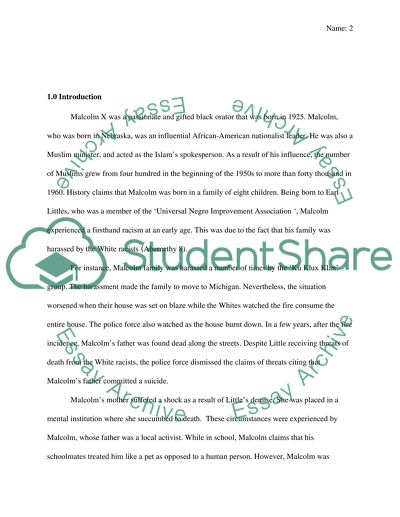Cite this document
(“Malcome X Essay Example | Topics and Well Written Essays - 3500 words”, n.d.)
Retrieved from https://studentshare.org/history/1498419-malcome-x
Retrieved from https://studentshare.org/history/1498419-malcome-x
(Malcome X Essay Example | Topics and Well Written Essays - 3500 Words)
https://studentshare.org/history/1498419-malcome-x.
https://studentshare.org/history/1498419-malcome-x.
“Malcome X Essay Example | Topics and Well Written Essays - 3500 Words”, n.d. https://studentshare.org/history/1498419-malcome-x.


